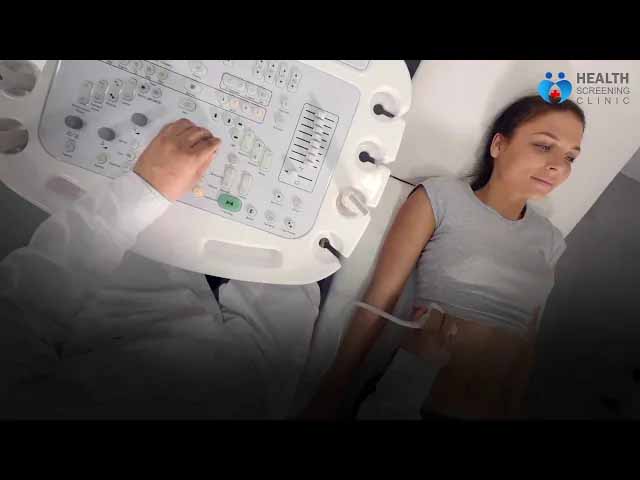Allergic Asthma and Wheeze
Asthma is basicallya condition with chronic cough and wheezing which is very common, that affects one in five UK children on an average and one in twenty adults.
Age is not a limiting factor for asthma; it usually begins in childhood and half of those affected will outgrow it by adolescence. There’s a tendency and allergic background for asthma to run in families. People having asthma may be allergic to certain environmental agents like cats, dogs, pollens, etc. Adult-onset asthma usually has no allergic basis but can be commonly tagged along with aspirin sensitivity. Asthma can be kept under control for affected persons to livenormal lives but not completely cured.
What happens in Asthma?
A specific allergy or lungs irritation usually causes a narrowing of the air tubes in the lungs—brought on by tightening of the muscles surrounding the airway, inflammation and swelling of the airway lining and production of thick mucus within the airway. Symptoms are wheezing, a troublesome dry cough, tightness of the chest and shortness of breath.Daily variation in Peak Expiratory Air-flow of 15% or more confirms the presence of asthma—a diurnal variation known as Peak Expiratory Flow (PEF) Variability. PEF readings are lowest in the early morning and highest in the evening. Mild or intermittent asthma are asthma symptoms that occasionally occur (less than twice a week) and respond promptly to reliever medication. Persistent asthma is more problematic; occurring more often than 2 times per week with night-time exacerbations. Depending on its severity it’s classified as mild persistent, moderate persistent or severe persistent. Symptoms are difficult to control with reliever treatments.
Asthma triggers include but not limited to:
- Allergies triggered by grass and tree pollens, domestic birds, furry pet animals for some people, house dust mites, some food and mould spores(Cladosporium) at change season.
- Also, environmental pollutants like certain chemicals, smoke from cigarettes, and car exhaust fumes.
Asthma Treatment
Asthma can ratherbe controlled than cured. There are two types of treatment when Asthma is involved: medication for PREVENTION and RELIEVE—they can be administeredvia inhaler devices. To ensure increased efficiency and penetration of the medication deep into the lungs, we strongly recommend the additional use of a plastic SPACER. Allergy tests to spot causative agents are important.
- Asthma Preventers
These medicines guard against asthma by preventing irritation of the airway of the lungs. They don’t give instant relief,but their effect builds up with continuous usage. Examples are Ciclesonide (Alvesco); Leukotriene Antagonists.
- Asthma Relievers help patients with breathing difficulties during an asthma attack and include Salbutamol (Ventolin, Airomir, Asmasai) and others.
- Bronchial Thermoplasty: For people with severe asthma and have their bronchoscope affected, they can use bronchialthermoplasty.
There are no effective alternatives to modern medication in asthma treatment.
It’s very important to recognise when asthma is getting worse.
Chronic cough and types of asthma include Classical asthma; Cough-variant asthma; Eosinophilic bronchitis; Atopic cough.
Certain conditions like Acute Bronchopulmonary Aspergillosis and Extrinsic Allergic Alveolitis should be considered if people suffering asthma don’t respond to standard asthma therapies.
If you or yours haveasthma, please do contact ustoday through our call lines or via mail and we will be glad to reach out to you.
Contact Us



